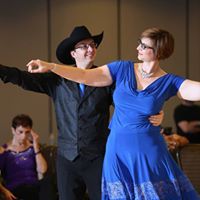-
Welcome to the eG Forums, a service of the eGullet Society for Culinary Arts & Letters. The Society is a 501(c)3 not-for-profit organization dedicated to the advancement of the culinary arts. These advertising-free forums are provided free of charge through donations from Society members. Anyone may read the forums, but to post you must create a free account.
Writing About Food
-
Similar Content
-
Music about food 1 2
By davebr,
- 25 replies
- 1,107 views
-
- 112 replies
- 23,824 views
-
- 255 replies
- 119,299 views
-
- 110 replies
- 54,047 views
-
- 2,689 replies
- 536,467 views
-
-
Recently Browsing 0 members
- No registered users viewing this page.






Recommended Posts